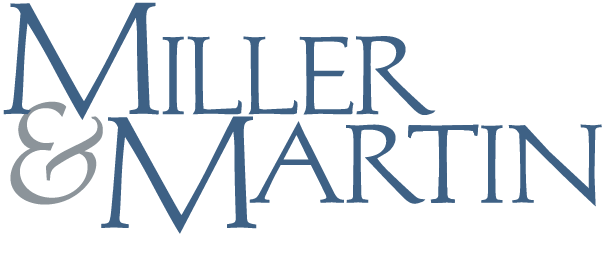The Families First Coronavirus Response Act Passes the House
Miller & Martin PLLC Alerts | March 16, 2020
Authors: Stacie Caraway | Jessica Malloy-Thorpe
UPDATE: The Senate has now approved the amended version of the Families First Coronavirus Response Act. We will provide additional updates once the law is finalized. Click here for our summary of the amended version of the Act.
Download as PDF if formatting issues when viewed on mobile device
On Saturday, March 14, 2020, the U.S. House of Representatives passed the Families First Coronavirus Response Act (“FFCRA”). Aside from its incredibly catchy title, the FFCRA provides the first wave of potential relief to American workers impacted by the current state of affairs and provides guidance to employers on what leave obligations will soon be mandated. First and foremost, it is important to remember that the FFCRA has yet to be considered by the Senate or signed into law by the President. The Senate is to begin consideration of the bill immediately. The President has indicated his agreement with the terms of the bill, and it is reported that he delegated to Treasury Secretary Steve Mnuchin the authority to negotiate terms with House leaders.
NOTE: As passed by the House, the current bill does not apply to private employers with more than 500 employees. Under the current bill, the FFCRA provisions providing guaranteed paid sick leave and expansion of FMLA leave apply only to smaller private employers (less than 500 employees) and government agencies. This may change as the legislative process continues.
Here are the highlights of the guaranteed paid sick leave and expanded FMLA leave sections of the FFCRA, as passed by the House:
- Guaranteed paid sick leave under FFCRA:
- Coverage: Smaller private employers (less than 500 employees) and government agencies.
- Leave provision: Two (2) weeks paid sick leave for those who are:
- infected by coronavirus;
- self-quarantined;
- needing to comply with a public health or health care provider recommendation to refrain from attending work because of coronavirus factors; or
- needing to care for someone infected or quarantined, or to care for a child whose school or place of care has been closed or whose childcare provider is unavailable, due to the coronavirus.
- Pay rate: Regular pay for two weeks if absence is due to employee being diagnosed, needing to seek diagnosis or care or to comply with recommendations from government or doctor. Two-thirds pay if absence is due to care of an impacted family member.
- Interaction with existing paid leave time: These new benefits will be required in addition to any existing employer-provided paid leave time.
- Expansion of FMLA Leave
- Coverage: Smaller private employers (less than 500 employees) and government agencies.
- The Secretary of the DOL may exempt private employers of less than 50 employees if the leave requirements may result in closure of the business.
- Applies to employees working for at least 30 calendar days (the bill is unclear as to whether or not these days must be consecutive).
- Coverage: Smaller private employers (less than 500 employees) and government agencies.
-
- Leave provision: Twelve (12) weeks of leave if an employee or member of their immediate family is quarantined due to the coronavirus outbreak or to care for children impacted by a school or other place of care closure, or where a paid regular childcare provider is unavailable due to the public health emergency.
- The first fourteen (14) days of this new expanded FMLA leave will be unpaid.
- Under the current bill, employees may choose (but cannot be required) to use accrued paid leave during this initial fourteen (14) day period.
- It is unclear from the current bill whether employees may use the new guaranteed paid sick leave benefit described above during this initial fourteen (14) day period
- After the fourteen (14) days, employees will be paid at least two-thirds of their regular pay.
- It is unclear as to whether this expanded FMLA leave will be available on an intermittent basis.
- Leave provision: Twelve (12) weeks of leave if an employee or member of their immediate family is quarantined due to the coronavirus outbreak or to care for children impacted by a school or other place of care closure, or where a paid regular childcare provider is unavailable due to the public health emergency.
These provisions provide some dramatic changes to current leave laws. To reiterate, the FFCRA is not yet law and may see some further changes as it is considered by the U.S. Senate. We will endeavor to provide you with further information as this legislation progresses. The coronavirus outbreak has left employers with many questions. Miller & Martin is here to help. Please call a member of our Labor & Employment practice if you need assistance.
>> Proposed Bill Follow-up: Who Is Going to Pay for All This Coronavirus Leave?
For more information about the ongoing developments related to the COVID-19 pandemic, please visit Miller & Martin's Coronavirus Resources.

